 |
Events |
|
 |
 |
Events |
 |
2010 |
Symposium
"Open Access Policy for the Dissemination of Research Outcomes from Universities" |
 |
 |
| Time: |
10:00-17:00, Friday, December 10, 2010 |
| Place: |
Iron Gate Memorial Hall (Tetsumon Kinen Koudou), 14th Fl., Faculty of Medicine Experimental Research Bldg., the University of Tokyo (Hongo Campus)
(7-3-1, Hongo, Bunkyo-ku, Tokyo) |
| Organizers |
National Institute of Informatics, Japan Association of National University Libraries |
 |
| 【Moderator/Speakers】 |
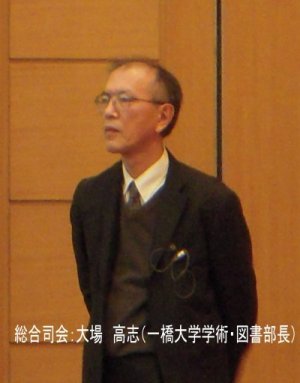 |
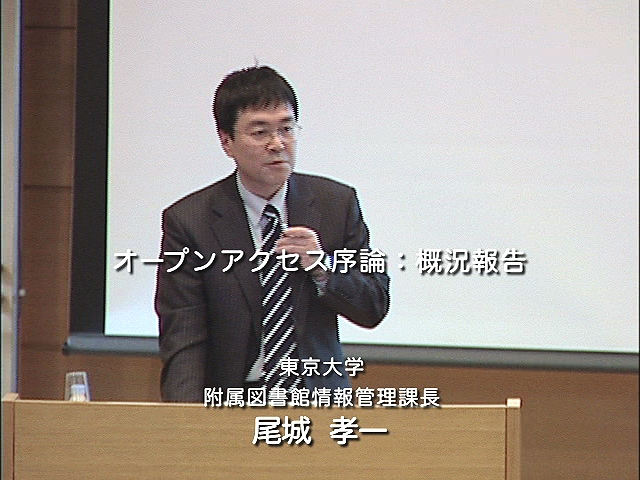 |
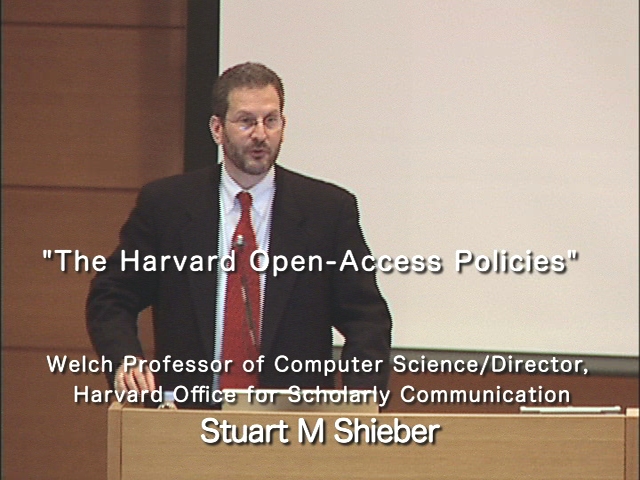 |
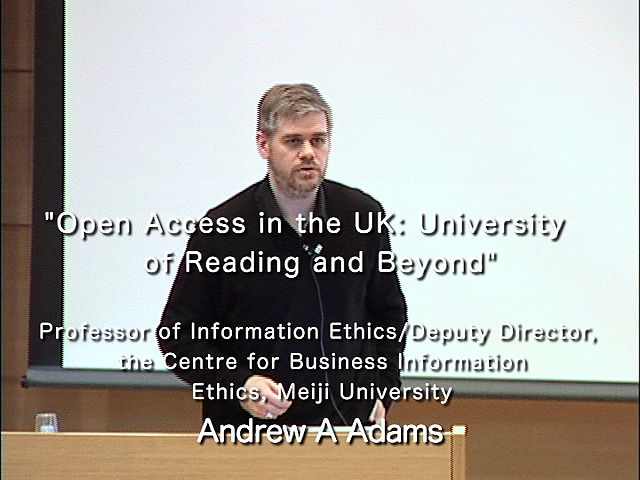 |
 |
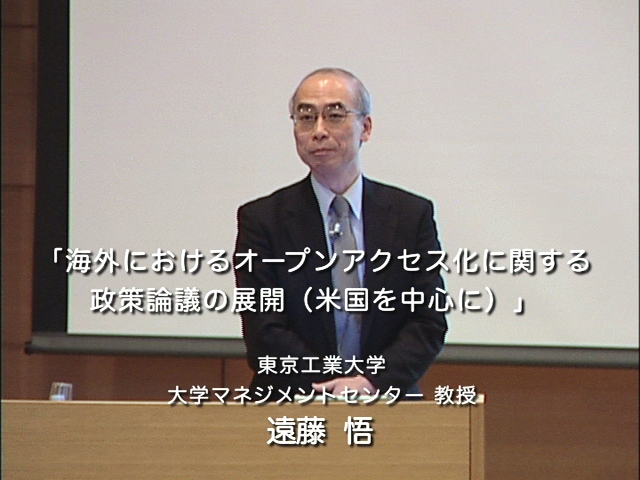 |
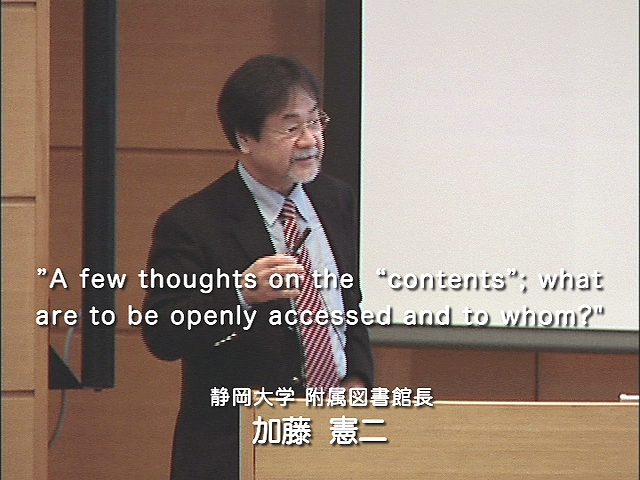 |
|
|
 |
| 【Panel Discussion: Facilitator/Panelists】 |
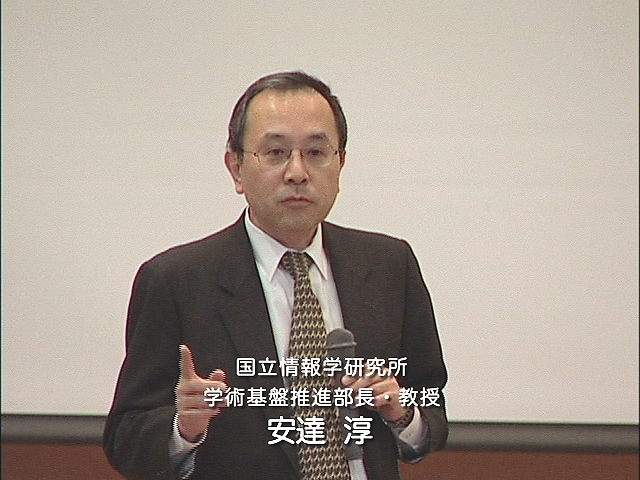 |
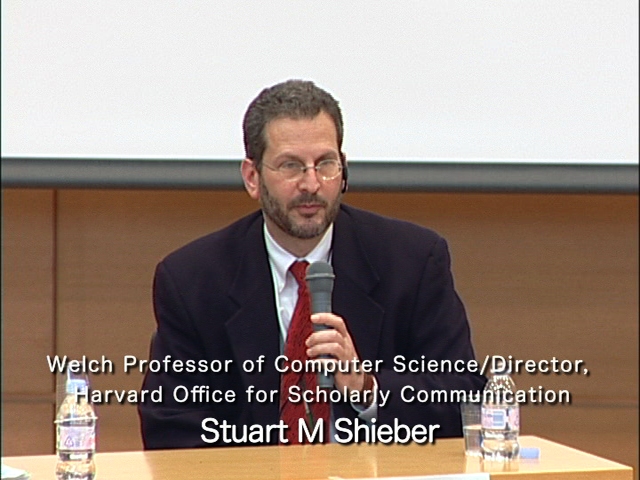 |
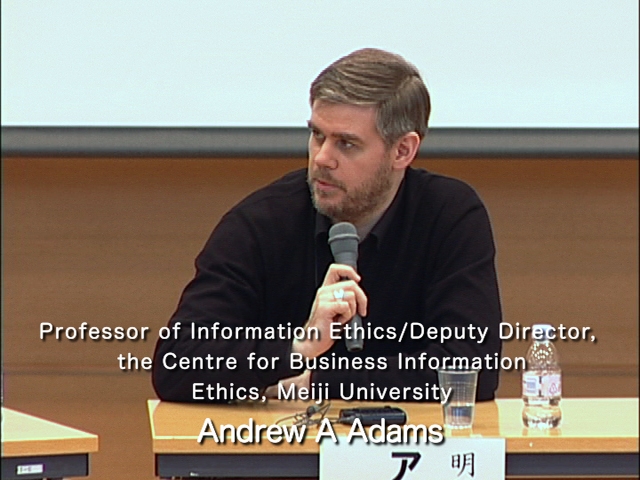 |
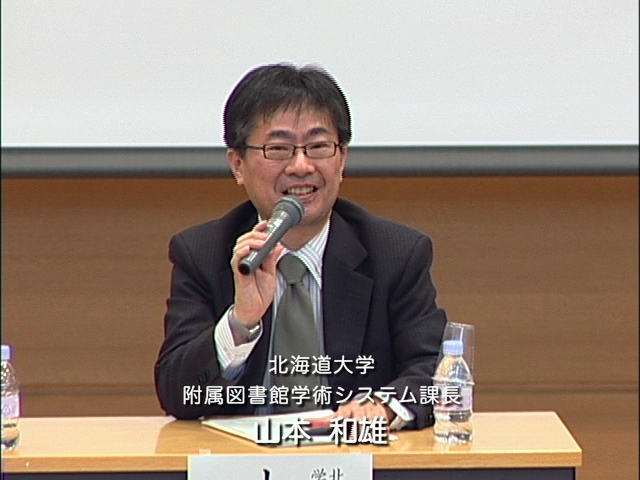 |
 |
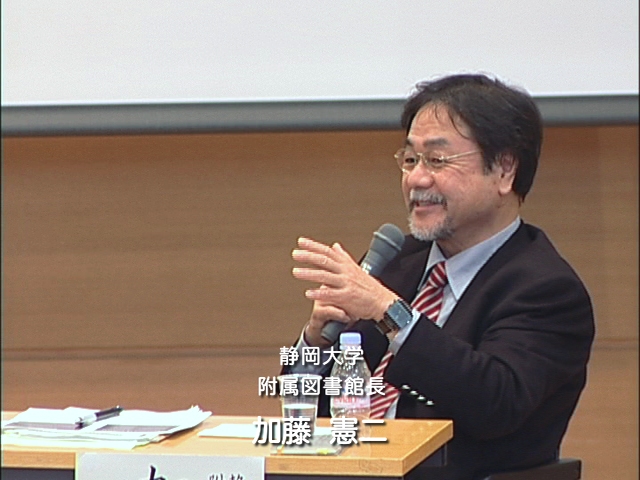 |
|
Since 2005, the National Institute of Informatics (NII) and university libraries have made their best efforts to ensure open access to education and research through the establishment of institutional repositories. As a result, the number of organizations having their own institutional repositories has grown to over 180. Also, SPARC Japan activities have helped to raise awareness of open access journals.
Meanwhile, the Council for Science and Technology Policy released their "Guidelines for Science and Technology Basic Policy Planning" on June 16 2010, for establishment of the "4th Science and Technology Basic Plan." The "Guidelines" stipulate the importance of promoting the digitalization of scholarly information, institutional repositories, open access and access to research results. These guidelines are considered as significant objectives in making government policy.
The speakers of this symposium will present the latest cases of open access policies within and outside of the country, including the Harvard open access policies that were the first such policies in the world. We hope this will be a good opportunity for participants to discuss the importance and challenges of promoting the dissemination of research outcomes.
|
 |
| Moderator: Takashi Ohba (Hitotsubashi University Library) |
 |
|
Please send an e-mail titled "Symposium of 12/10" to the following with your name, affiliation and e-mail address.
* We may use your contact information to let you know of any significant changes on this symposium or information on our future seminars.
Deadline: November 30, 2010
* Due to limited space (for 280 people), participation is basically limited to one person per organization except researchers.
Send to: SPARC Japan, Scholarly and Academic Information Division, Cyber Science Infrastructure Development Department, National Institute of Informatics, JAPAN
E-mail: co_sparc_all@nii.ac.jp FAX: +81-3-4212-2375
|
| Stuart M Shieber |
 |
|
Stuart Shieber is James O. Welch, Jr. and Virginia B. Welch Professor of Computer Science in the School of Engineering and Applied Sciences at Harvard University. His primary research field is computational linguistics, the study of human languages from the perspective of computer science. His research contributions have covered a broad range of areas of inquiry beyond that field as well, extending to theoretical linguistics, natural-language processing, computer-human interaction, automated graphic design, the philosophy of artificial intelligence, computer privacy and security, and computational biology. He was the founding director of the Center for Research on Computation and Society and is the Director of the Harvard University Office for Scholarly Communication and a faculty co-director of the Berkman Center for Internet and Society.
Professor Shieber received an AB in applied mathematics summa cum laude from Harvard College in 1981 and a PhD in computer science from Stanford University in 1989. He was awarded a Presidential Young Investigator award in 1991, and was named a Presidential Faculty Fellow in 1993, one of only thirty in the country in all areas of science and engineering. He has been awarded two honorary chairs: the John L. Loeb Associate Professorship in Natural Sciences in 1993 and the Harvard College Professorship in 2001. He was named a fellow of the American Association for Artificial Intelligence in 2004, and the Benjamin White Whitney Scholar at the Radcliffe Institute for 2006-07. |
 |
| Andrew A Adams |
 |
|
Andrew Adams is Professor of Information Ethics and Deputy Director of the Centre for Business Information Ethics at Meiji University. From 2000-2010 he was a lecturer in the School of Systems Engineering, University of Reading. He has a PhD in Computer Science from the University of St Andrews and a Masters in Law from the University of Reading. His research covers a broad spectrum of information ethics issues, including privacy and data protection, sex and technology, and copyright issues. He is a founding member of the Open Rights Group in the UK. He has been archiving his own academic work since his MSc thesis in 1994 and was one of the people behind the adoption of the University of Reading deposit policy (a mandate by any other name) in 2010.
|
|
The Harvard Open-Access Policies
(Stuart M Shieber)
|
 |
|
Systemic problems in the scholarly publishing systems that have arisen over the past decades, especially journal publishing, have led to a decreasing ability to access research results, and pressure on library budgets that have wreaked havoc on all of the missions of the library. I will discuss a set of policies and actions taken at Harvard to address both the symptoms and the causes of the dysfunction in journal publishing, in particular (i) the open access policies enacted by several schools at Harvard intended to promote the broadest access to the university’s scholarly writings by retaining rights to distribute scholarly articles according to the principles of open access, and (ii) an open-access "compact" to found a sustainable business model for open-access journals.
|
 |
|
Open Access in the UK: University of Reading and Beyond
(Andrew A Adams)
|
 |
|
UK universities are second in the world in citations per paper. I cannot claim that this is because the UK has embraced open access universally, unfortunately. However, the UK has been at the forefront of open access for many years on the small and large scale. I present the development of open access in the UK from Stevan Harnad's "subversive proposal" via the first deposit mandate at his department in the University of Southampton and the development of the eprints repository software, to his own experiences in advocating the deployment of a repository and adoption of a deposit mandate at the University of Reading.
|
|